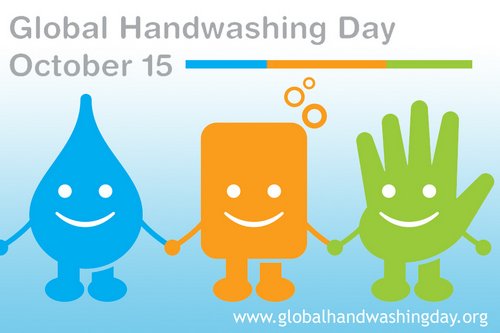 Everyone knows that neglected tropical diseases typically affect the poorest and most marginalized communities. However, this has not always been the case. After studying the soil surrounding King Richard III’s skeleton, researchers concluded today that the fifteenth-century king of England suffered from a mild case of roundworm. Soil samples from where his intestines would have been show multiple roundworm eggs, which can be preserved for hundreds of years under the right conditions. (Richard III died in battle at the age of 32, and his burial location was lost to history until his skeleton was discovered by archeologists in 2012 under a parking lot in Leicester.)
Everyone knows that neglected tropical diseases typically affect the poorest and most marginalized communities. However, this has not always been the case. After studying the soil surrounding King Richard III’s skeleton, researchers concluded today that the fifteenth-century king of England suffered from a mild case of roundworm. Soil samples from where his intestines would have been show multiple roundworm eggs, which can be preserved for hundreds of years under the right conditions. (Richard III died in battle at the age of 32, and his burial location was lost to history until his skeleton was discovered by archeologists in 2012 under a parking lot in Leicester.)
NTDs have plagued humanity for centuries and were common even in England during the reign of Richard III. But why is it unlikely that you’d get an NTD in the UK today?
In fact, if you have the resources to protect yourself, it is unlikely that you would be infected with an NTD anywhere. While the rich and poor were susceptible to NTDs in the past, today, only the poor in developing countries―the bottom billion―are at high risk. Geography plays a role (NTDs like warm, moist places), but living standards are the most significant determining factor.
Poor communities typically lack access to the essential protective measures of clean water, sanitation facilities, soap for good hygiene, and improved housing, and are thus at much higher risk of coming into contact with parasites or the insects that spread them. By introducing these measures, along with shoes for added protection and free medications to treat current infections, communities can start down to the path to being NTD-free. Too bad Richard III didn’t know that!
For this reason, President Kufuor and the Global Network team are in Stockholm this week to attend the Stockholm International Water Institute’s World Water Week. In partnership with Sanitation and Water for All, President Kufuor is working to promote long term NTD solutions by integrating mass drug administration with programs for water, sanitation and hygiene.
Look out next week for our follow up blog from World Water Week, where we will report back on President Kufuor’s high-level advocacy activities.



 For Sarita, age 15, going to the bathroom during school used to bring fears of being bitten by a snake or embarrassment of having people see her going out in the open.
For Sarita, age 15, going to the bathroom during school used to bring fears of being bitten by a snake or embarrassment of having people see her going out in the open.